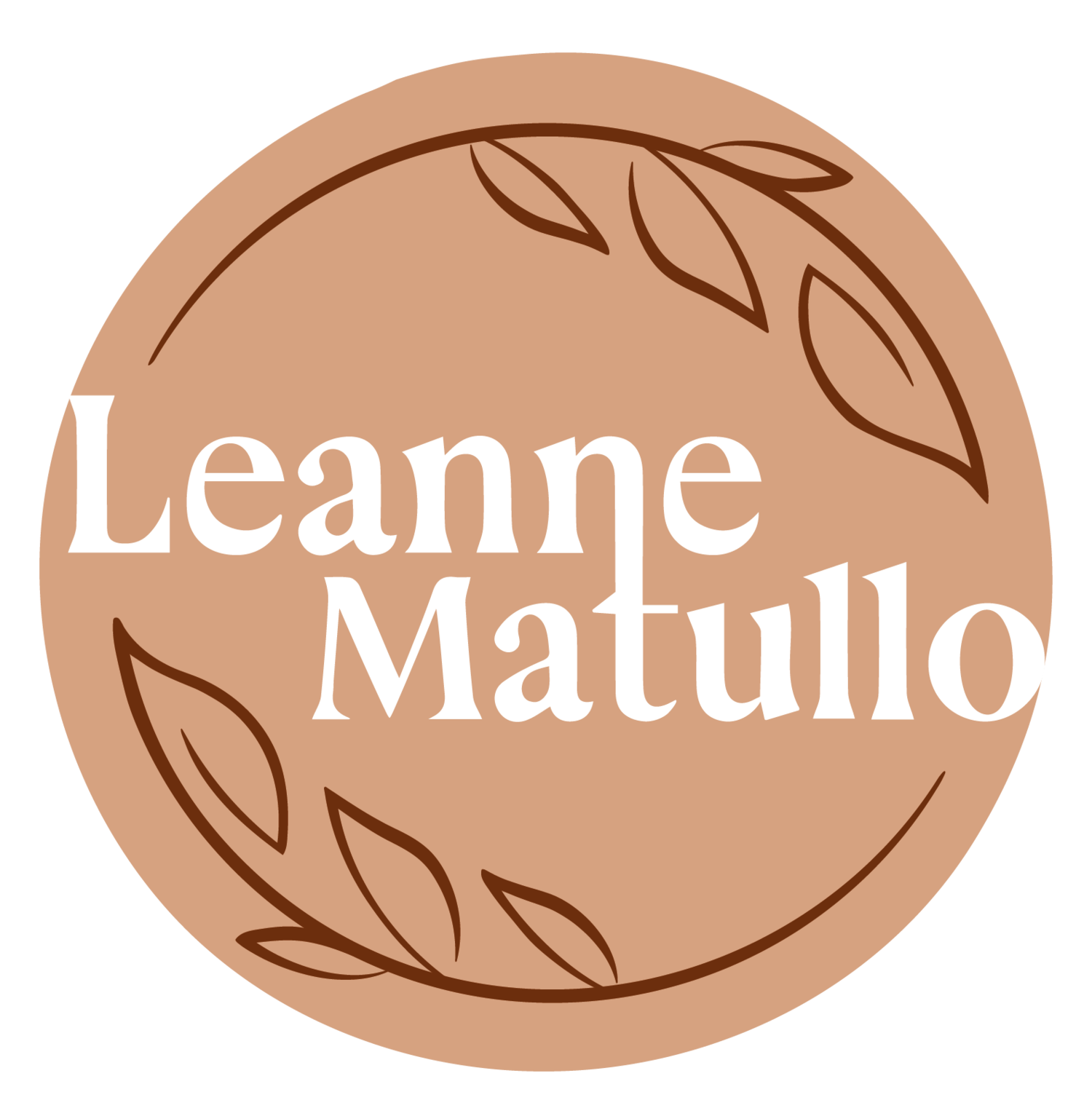The myth of “convenience” + the three types of pleasure
Our dishwasher broke a little over a month ago, and I haven’t been in a hurry to replace it.
In fact, I actually like washing the dishes by hand and putting them away a little at a time. It feels more manageable, more peaceful than frantically putting away a full dishwasher in the AM, while juggling breakfast/teeth brushing/hair brushing/finding the missing mittens.
From a somatic perspective this makes sense. The act of washing our hands slowly and reverently is restorative in its way.
And when I reflect, having a dishwasher has not made my life feel more “convenient.” In fact, I think that’s our problem. Convenience.
What a lie, yes?
More appliances, more technologies, more “progress,” more drop off at your door services in the name of your convenience, so that you have more free time to do…what exactly?
Watch Netflix?
Scroll on our phones?
Send more emails?
Be more “productive” at work?
Play more video games?
Buy more stuff?
That’s what we’ve been sold and that’s what we’ve bought into. That technology and convenience alone will make our lives better. Not true.
Lately, I have craved using my hands…looking up and out beyond screens and technology. And, as human beings we are designed for this. Being in our bodies is in our nature. When we disconnect from our natural, primal states, then we experience a disconnection from Self.
We were made to use our hands:
Chopping vegetables, kneading dough, grinding spices.
Washing dishes.
Writing handwritten letters or recipe cards.
Building fences, greenhouses, sheds.
Knitting, stitching, mending.
Folding laundry.
Painting, weaving, shaping clay.
Planting seeds.
Packaging up soups and teas for our loved ones.
This is a part of our inherent design.
Note: This doesn’t mean we don’t accept or hire help where needed in these tasks. No one can do it all alone, but damn have we also been brought up to say that we should be able to do it all with a smile on our faces.
To get out of the myth of convenience and back into a life of more intention and personal satisfaction, we can turn to the three types of pleasure, sukha, according to The Bhagavad Gita:
The Sattvic - At first this form of pleasure feels like poison, but sweetens into nectar. It’s the process of unhooking from unsupportive habits - it is hard at first, yes? It’s actually sitting to meditate, rather than making excuses. It’s getting up earlier to go for a walk before work. It’s making hard decisions and having the hard conversations.
The Rajasic - This form of pleasure seems to be the nectar at first, but in the end it is “bitter as poison.” We lean into sensual pleasures that feel good for a moment, but then we cannot seem to stop. You’ve likely been there before. Sri Krishna says to not even start at such delusional forms of “happiness.” Yet, we all do and then we think we “can’t” stop and we know it’s poisonous to continue.
The Tamasic - Tamasic pleasure is delusive in the beginning and also at the end, leading to a dull mind. Common signs are laziness, using intoxicants, oversleeping, ignorance, not wanting to actually face life. We might think it’s pleasurable to sleepwalk, but there is no lasting joy or happiness there, and in fact we might reach for something else to continue to numb ourselves into perceived happiness.
Of course, we’re human. We oscillate. We’re learning. We’re not perfect. And, bringing our attention to that which is true pleasure and that which will lead to lasting happiness will take some effort on our part.
We have been spoonfed so many “ideals” and “dreams” in our lives that many of us aren’t even sure if they are ours in the first place. Convenience is one of them.
How good does it feel to follow through with something that was hard at first? Or that seemed to slow you down? Or that was tedious?
Preparing a garden bed.
Starting a yoga practice.
Learning to bake bread from scratch.
Going to therapy.
Birthing a human.
Quitting a job.
Deleting a social media account.
Getting support with an addiction.
Now, I’m not necessarily saying throw out your washing machine or your dishwasher or your smartphone (unless you want to), but to rather be more intentional with how we are living our lives and if a life of the latest and greatest conveniences are really making us happy, joyful, and content.
What do you think?
Jai Ma.
With love,
Leanne
P.S. On the topic of convenience and “progress” and the like, I’ve been reading a book called The Continuum Concept. It’s not an easy read (nor is it enjoyable at times), but certainly has asked me to look closely at how the modern world is shaping our babies and children. In the name of convenience, what have we forgotten how to do? And, if we’ve forgotten…how do we teach our children? Put another way, what do our babies and children see us doing most often? Is it interesting and useful (which is different than entertaining)? Is it on screen or off? Remember, shifting our habits feels like poison, at first. That’s how we know it’s the purest kind of pleasure, the most sattvic.

